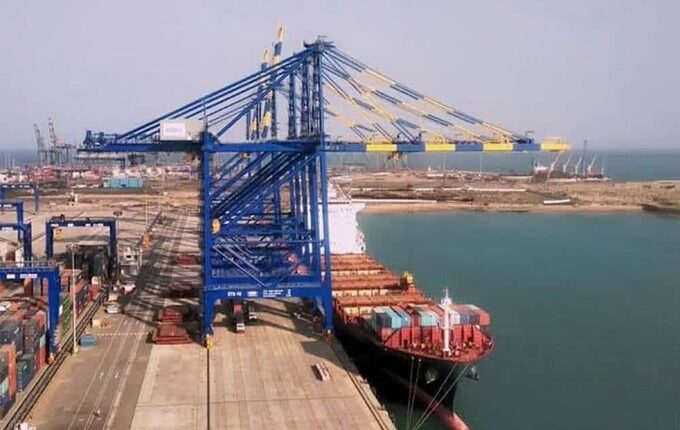New York The newest global Container Port Performance Index (CPPI) reveals that East and Southeast Asian ports excelled in 2023, accounting for 13 of the top 20 places.
Developed by the World Bank and S&P Global Market Intelligence, the fourth edition of CPPI is based on the biggest dataset ever: more than 182,000 vessel calls, 238.2 million moves, and about 381 million twenty-foot equivalents (TEUs) for the full calendar year of 2023. More than 80% of merchandise trade is transported by sea, so the resilience, efficiency, and overall performance of ports is crucial to global markets and economic development.
Regional disruptions impacted port performance everywhere, according to the new report.
“While the challenges caused by the COVID-19 pandemic and its aftermath eased further in 2023, container shipping continues to be an unpredictable and volatile sector,” said Martin Humphreys, Lead Transport Economist at the World Bank. “Major ports need to invest in resilience, new technology, and green infrastructure to ensure the stability of global markets and the sustainability of the shipping industry.”
There are 57 new ports in the CPPI 2023, including Muuga Harbour in Estonia and Port of Al Duqm in Oman, as well as several notable movers. One of the major Indian ports, Visakhapatnam Port, made it into the top 20. Despite its relatively low ranking, Dar es Salaam Port in Tanzania managed to shave ship arrival times by 57%.
“There is a greater awareness and focus on resilience and efficiency of maritime gateways and greater understanding of negative impact of port delays on economic development,” said Turloch Mooney, Head of Port Intelligence & Analytics at S&P Global Market Intelligence. “The highly interconnected nature of container shipping means the negative effect of poor performance in a port can extend beyond that port’s hinterland and disrupt entire schedules. This increases the cost of imports and exports, reduces competitiveness and hinders economic growth and poverty reduction.”
Looking at the top-performing ports, China’s Yangshan Port earned the top spot for the second consecutive year, while Oman’s Port of Salalah retained the number two position. The port of Cartagena in Colombia ascended to 3rd place. Tanger-Mediterranean of Morocco held steady in 4th, and Tanjung Pelepas Port in Malaysia rounded out the top 5.
The CPPI ranks 405 global container ports by efficiency, focusing on the duration of port stay for container vessels. Its primary aim is to identify areas for enhancement for the benefit of multiple stakeholders in the global trading system and supply chains, from ports to shipping lines, national governments, and consumers.


Comments are closed.